10 GPTs for Schema Management Powered by AI for Free of 2025
AI GPTs for Schema Management are advanced tools leveraging Generative Pre-trained Transformers to offer specialized solutions in the domain of schema design, development, and optimization. These tools embody the intersection of AI and database management, providing automated assistance for schema creation, modification, analysis, and maintenance. By harnessing the power of GPTs, these platforms offer tailored advice, optimization strategies, and even code generation specific to database schema tasks, making them invaluable for ensuring data integrity, efficiency, and scalability in database systems.
Top 10 GPTs for Schema Management are: Snowflake Helper,Database Builder,Prisma,GraphQL,Open API Schema Creator,CustomGPT Schema Builder,Sen's Active Directory Helper,Pydantic Instructor,Say It In Postgres SQL,Django tenants
Snowflake Helper
Empowering your SQL journey with AI

Database Builder
Streamline Your Database Operations
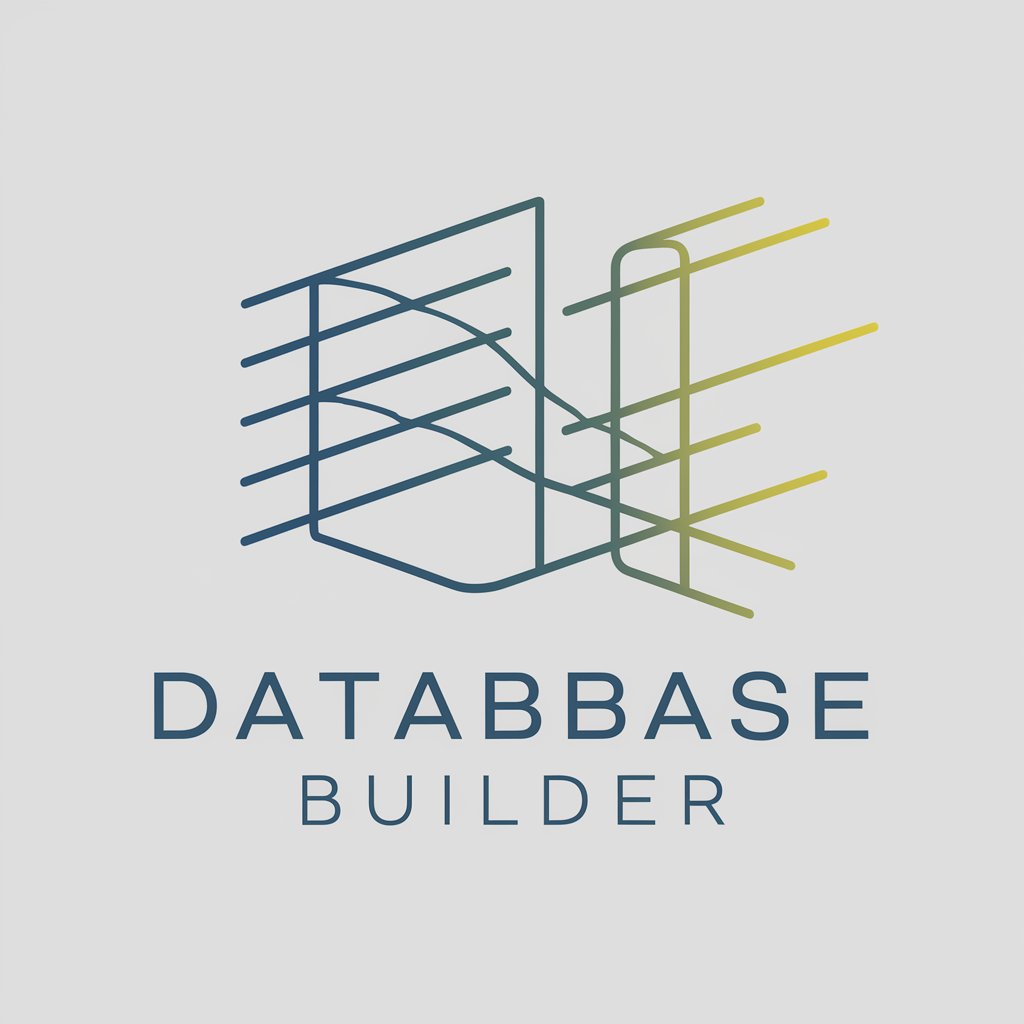
Prisma
AI-powered ORM for streamlined database management

GraphQL
AI-powered GraphQL for optimized API queries

Open API Schema Creator
Craft APIs effortlessly with AI-powered precision.
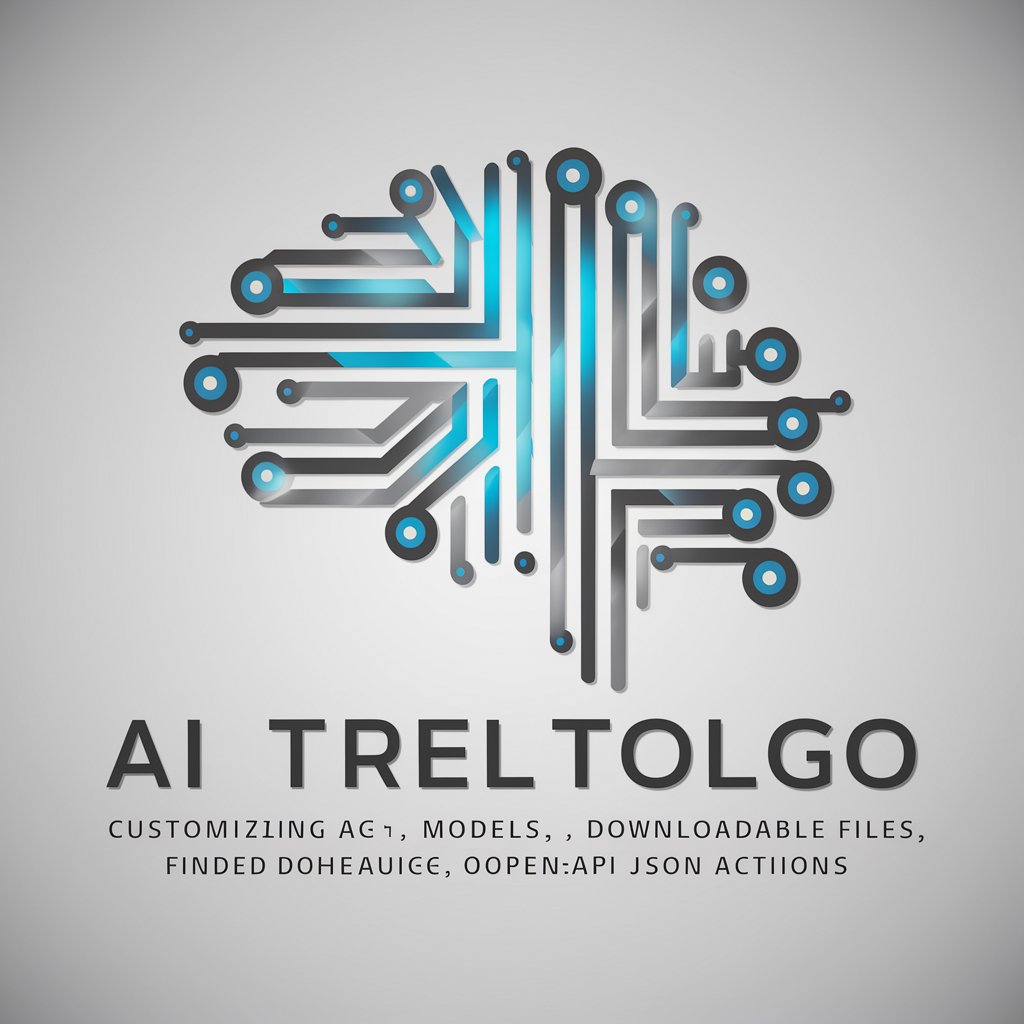
CustomGPT Schema Builder
Streamlining API Design with AI-Powered Precision
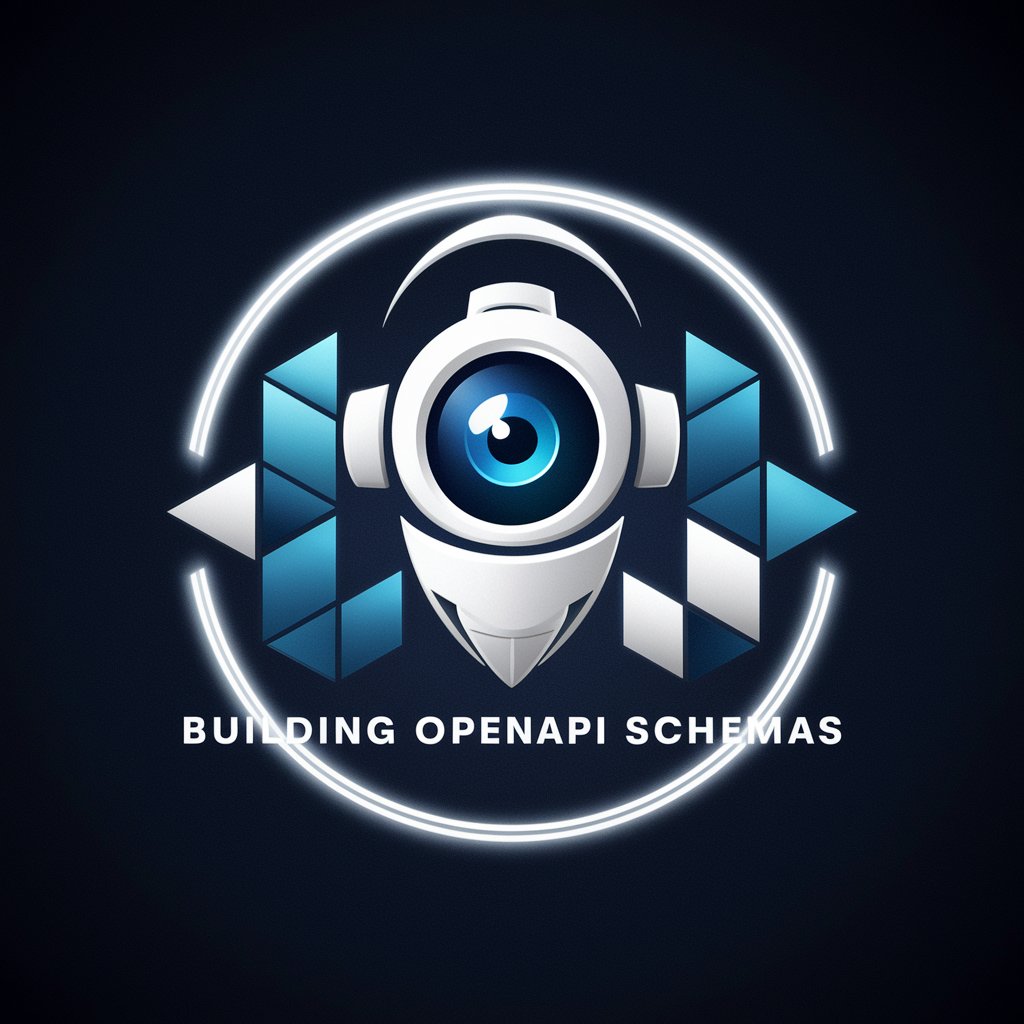
Sen's Active Directory Helper
Streamlining Active Directory Management with AI

Pydantic Instructor
Master Pydantic with AI-powered guidance.

Say It In Postgres SQL
Transforming SQL queries with AI
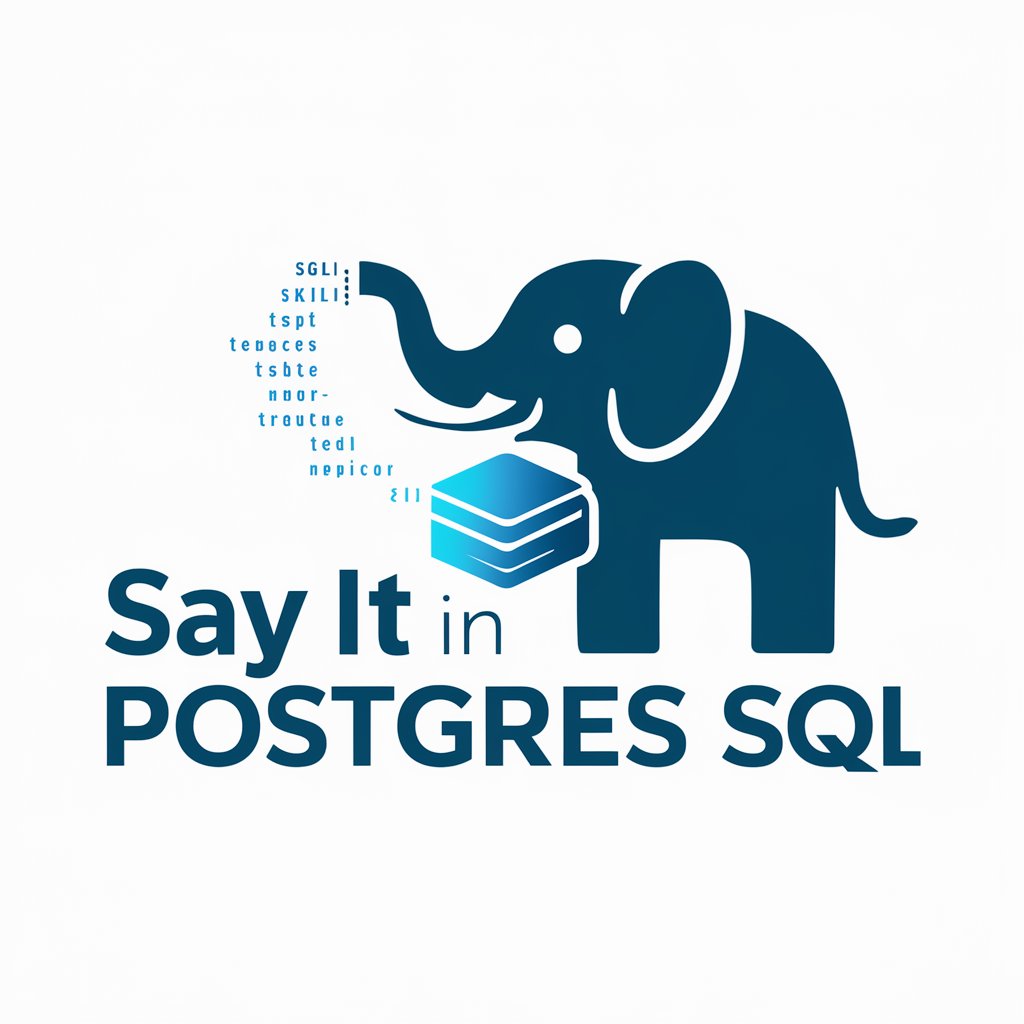
Django tenants
Isolate data, share infrastructure with Django Tenants.
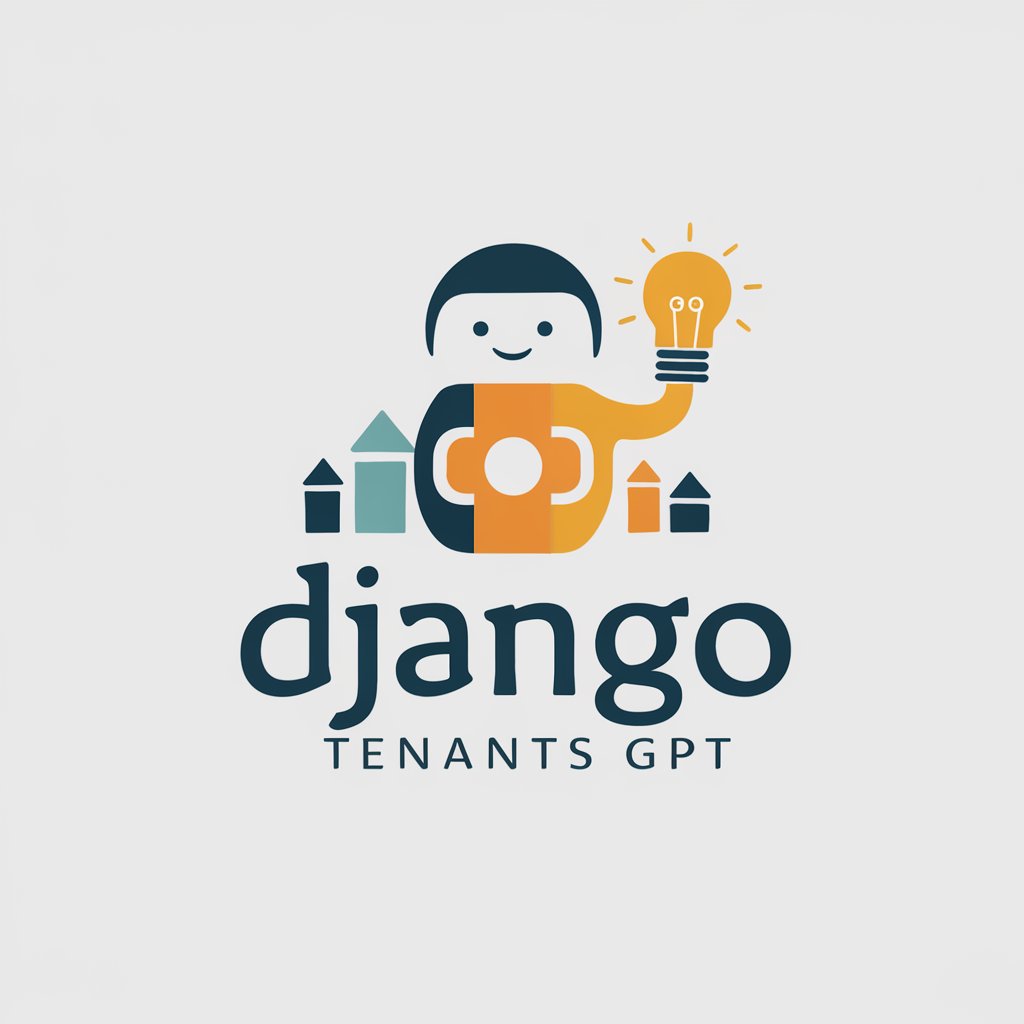
Essential Characteristics of AI GPTs in Schema Management
AI GPTs for Schema Management stand out through their adaptability, supporting a range of tasks from simple schema validation to complex design optimization. Key features include intelligent schema recommendations, automated error detection, and correction, code generation for database queries, and personalized optimization tips. Advanced language understanding enables these tools to process natural language queries, facilitating user interaction without the need for deep technical knowledge. Additionally, some tools may offer integration capabilities with various database management systems, support for multiple programming languages, and the ability to learn from user interactions to improve over time.
Who Can Benefit from AI GPTs in Schema Management
AI GPTs for Schema Management are designed to cater to a wide audience, including database novices, software developers, and data management professionals. They are particularly beneficial for those looking to enhance their database schema without extensive coding experience, offering an intuitive way to interact with databases. For developers and professionals, these tools provide advanced customization options and the ability to automate repetitive tasks, streamline schema design, and ensure best practices in database management.
Try Our other AI GPTs tools for Free
Service Documentation
Discover AI GPTs for Service Documentation: innovative tools transforming the creation, management, and optimization of service-related documents with AI-driven efficiency and adaptability.
Prompt Refinement
Discover AI GPTs for Prompt Refinement, tailored tools designed to enhance AI interactions through precise prompt optimization for clearer, more relevant responses.
Outdoor Adventures
Discover how AI GPTs revolutionize outdoor adventures with personalized planning, safety tips, and interactive learning experiences. Perfect for enthusiasts and professionals alike.
Urban Exploration
Explore urban environments like never before with AI GPTs for Urban Exploration, your digital companion for uncovering the secrets of cities.
Quick Facts
Discover AI GPTs for Quick Facts: Your go-to source for quick, accurate information powered by advanced AI technology. Perfect for users seeking reliable facts at their fingertips.
Casual Chat
Discover AI GPTs for Casual Chat: the ultimate AI tools designed for engaging, human-like conversations on a myriad of topics, tailored for everyone.
Unlocking New Potentials with AI GPTs in Schema Management
AI GPTs revolutionize schema management by providing user-friendly interfaces that democratize access to advanced database optimization techniques. Their integration into existing workflows enhances productivity and ensures data systems are scalable, efficient, and robust. By facilitating a deeper understanding of database structures and automating routine tasks, these tools empower users to focus on strategic data management objectives.
Frequently Asked Questions
What exactly are AI GPTs for Schema Management?
AI GPTs for Schema Management are AI-driven platforms that assist in the creation, optimization, and management of database schemas using advanced machine learning and natural language processing technologies.
How do AI GPTs improve schema design?
They provide intelligent recommendations, automate the detection and correction of errors, and offer optimization strategies to improve database performance and scalability.
Can non-technical users utilize these tools effectively?
Yes, thanks to their natural language processing capabilities, these tools can be used by individuals without deep technical knowledge to manage and optimize database schemas.
Do these tools support custom schema modifications?
Absolutely. AI GPTs offer customization options that allow users to tailor schema designs and optimizations to their specific needs.
Are AI GPTs compatible with all database management systems?
While many AI GPTs strive to support a wide range of systems, compatibility varies by tool. It's advisable to check the specific tool's documentation for supported databases.
How do AI GPTs for Schema Management learn and improve?
These tools learn from interactions and feedback to continuously refine their recommendations and optimizations, ensuring relevance and accuracy over time.
Can AI GPTs generate database queries?
Yes, many of these tools can generate code for database queries, streamlining the development process and reducing manual coding effort.
What sets AI GPTs apart in Schema Management?
Their ability to understand natural language, provide intelligent and context-aware recommendations, and automate complex schema management tasks distinguishes them from traditional tools.